|
My blog posts revolve around my interests and vocation as a historian: the intersection of history and contemporary church life, the intersection of history and contemporary politics, serendipitous discoveries in archives or on research trips, publications and research projects, upcoming conferences, and speaking engagements.
I sometimes blog for two other organizations, the Canadian Baptist Historical Society and the Centre for Post-Christendom Studies. The views expressed in these blogs represent the views of the authors, and not necessarily those of any organizations with which they are associated. |
|
The great sixteenth-century German reformer Martin Luther should have been the one to quip “never let a good crisis go to waste.”[1]
In 1521, Luther was whisked away by his supporters to hide him from the prying eyes of the emperor’s secret police or any other opportunistic bounty hunter. Luther had just become an outlaw for refusing to recant at the Diet of Worms, and as a result he had a price on his head payable to anyone who turned him into the state. His supporters took him to the Wartburg Castle, and there Luther stayed in hiding for just under a year. He did not choose to go. He did not want to go. He did not enjoy being there. But he adapted and made the best of it. In fact, that year in lockdown played a critical and formative role in his ministry. The parallels with today’s pandemic lockdown are similar in a number of ways:
Yet at the same time he set his mind to accomplish things he could not have accomplished had he stayed in the public eye and faced the constant pressures of parish life. The solitude – as much as he did not want it – was exactly what he needed to prepare foundational texts and theological convictions for what was to come. His translation of the New Testament into the German language was one of the greatest accomplishments of his life - and it began at the castle. The obvious application is for us to ask ourselves what we can do in our own “Wartburg Castle.”[2] We have not asked to be locked down, but perhaps we can use the time to accomplish something(s) that we could not have done otherwise. Solitude is hard – as Luther could attest – but perhaps there is something we can do, or learn, or create, or write, or play, or research, or even become, in our solitude that would not have been possible if the hustle and bustle of life did not stop. And lockdown happen. Luther eventually was able to leave Wartburg Castle, and then spent the next two and half decades in never-ending struggles in life and ministry. Lockdown will eventually end for us too, and we will walk out of our own “Wartburg Castle” to face what awaits. In the meantime, let us, like Luther, use our lockdown for great things. [1] It was Winston Churchill. [2] The idea of our lockdown being similar to Luther’s at Wartburg came about through a conversation this week with my friend Dr. James Robertson, a professor at Tyndale University.
0 Comments
Click here to watch the public lecture for the Royal Canadian Regiment Museum. Open access to all, no registration required.
It is hard not to be afraid in the midst of a pandemic. And as we (here in Ontario) face yet again a furthering of lockdown restrictions, it is easy to fear going shopping for essentials in the presence of those who may carry the dreaded Covid 19 virus.
When fear lurks in my heart, I often think of John Wesley’s[1] iconic encounter with German Moravians on a ship in the midst of a cold Atlantic winter storm in January 1736. And I am reminded that my way forward in the pandemic is to “shop like a Moravian.” Sailing across the Atlantic in a relatively small wooden ship in the eighteenth century was, as one author notes, “not for the weak at heart.”[2] What made it worse for Wesley was that he had never before been on a ship and had a fear of the ocean from youth.[3] Yet there he was, tossed about it the dark with no means of rescue. And then he saw the Moravians, fearlessly singing and praying in the midst of a storm while he and others wailed in fear. Wesley described the event this way: “In the midst of the psalm wherewith their service began, the sea broke over, split the mainsail in pieces, covered the ship, and poured in between the decks, as if the great deep had already swallowed us up. A terrible screaming began among the English. The Germans calmly sang on. I asked one of them afterward, ‘Were you not afraid?’ He answered, ‘I thank God, no.’ I asked, ‘But were not your women and children afraid?’ He replied, mildly, ‘No; our women and children are not afraid to die.’” (January 1736) The Moravians had a vivid sense of the presence and protection of God, and that led to their being able to deal with their fear. As others cried and cowered, they were courageous. Wesley was profoundly impressed with their faith – something that he as a priest of the church lacked. However, in subsequent encounters with the Moravians he too grew to become like them. And as result, he too could face the dangers of ministry with a fearless courage that impressed even his opponents. The current pandemic can be a fearful time. And there are many ways to survive and even thrive in the midst of it. What we can learn from Wesley is that one way to be courageous is for us to imitate the Moravians. Or, stated differently, “shop like a Moravian.” [1] An Anglican priest and key founder of Methodism. [2] Richard P. Heitzenrater, Wesley and the People Called Methodists (Nashville: Abingdon, 1995), 58. [3] Richard P. Heitzenrater, Wesley and the People Called Methodists (Nashville: Abingdon, 1995), 58. I am not suggesting the Vatican initiate a process of canonizing Al Gore and making him St. Gore. But there is something about his conduct in the 2000 US presidential election that was remarkable. And worth emulating.
I am pleased to announce the publication of a book I co-authored with Dallas Friesen and Taylor Murray. Here is summary of the book found on its cover:
"Baptists arrived in what would become Canada in the mid-eighteenth century, and from those early arrivals Baptists from a wide variety of backgrounds planted churches in every region of the vast nation. This book traces that history of Baptists in Canada, and provides historical antecedents and theological rationales for their church polity. Written in a generous spirit, it recognizes what Baptists share with other Christian communities and how they differ among themselves on some matters. It places Baptists in Canada in the larger historical and global context, and concludes with commentary on opportunities and challenges ahead." Click here for a link to the book. |
Archives
May 2024
|
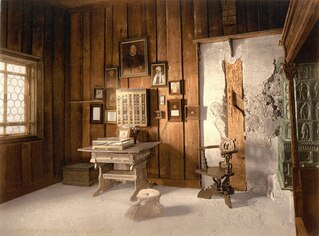
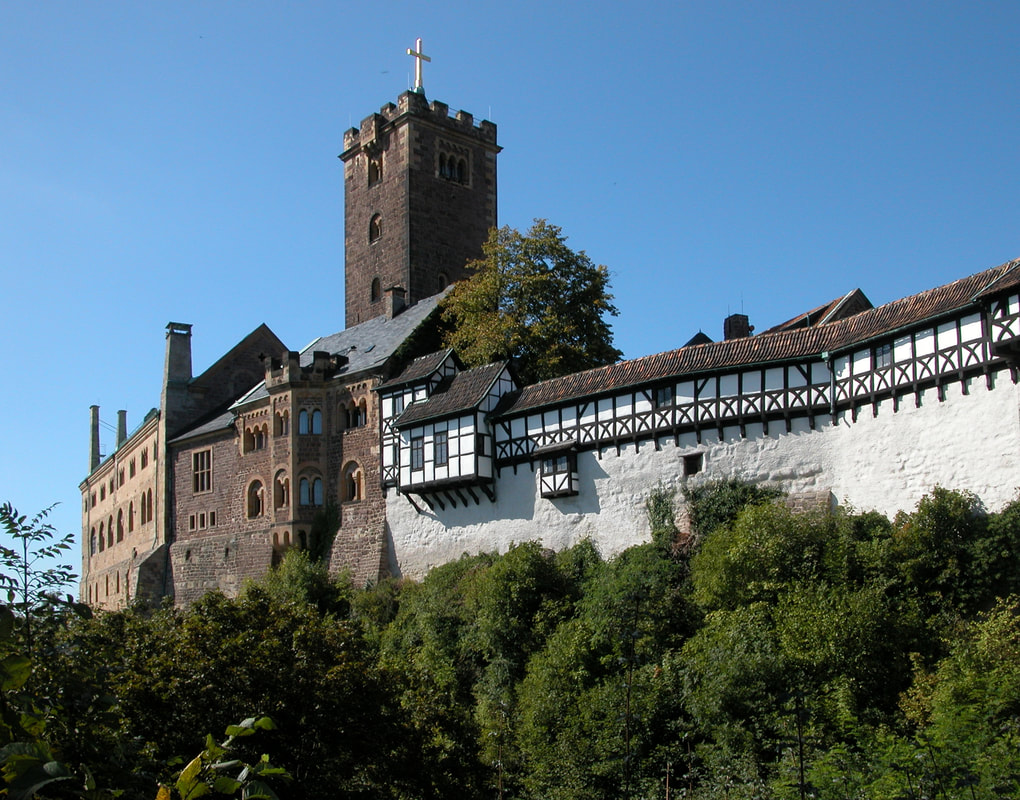

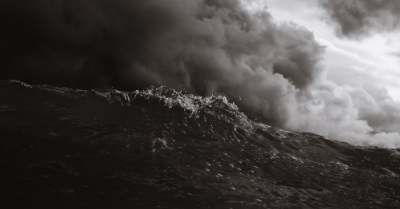
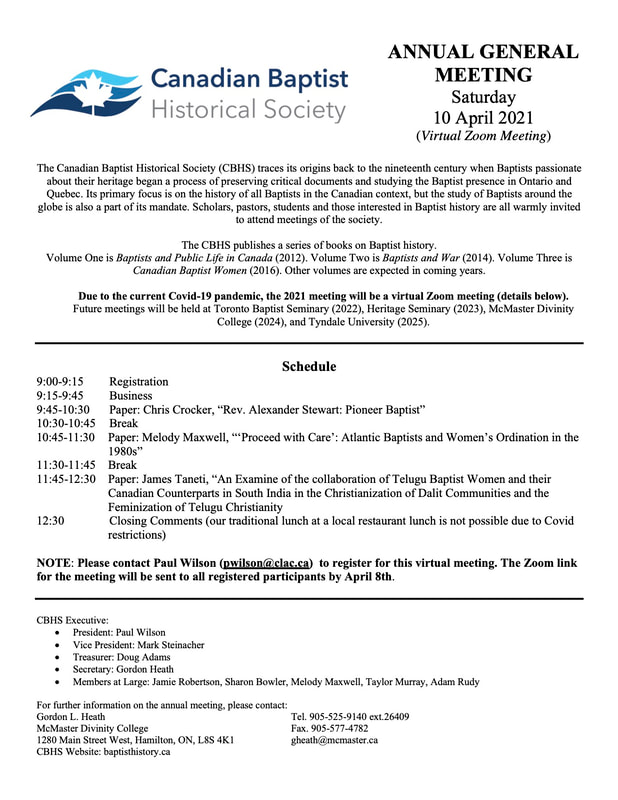

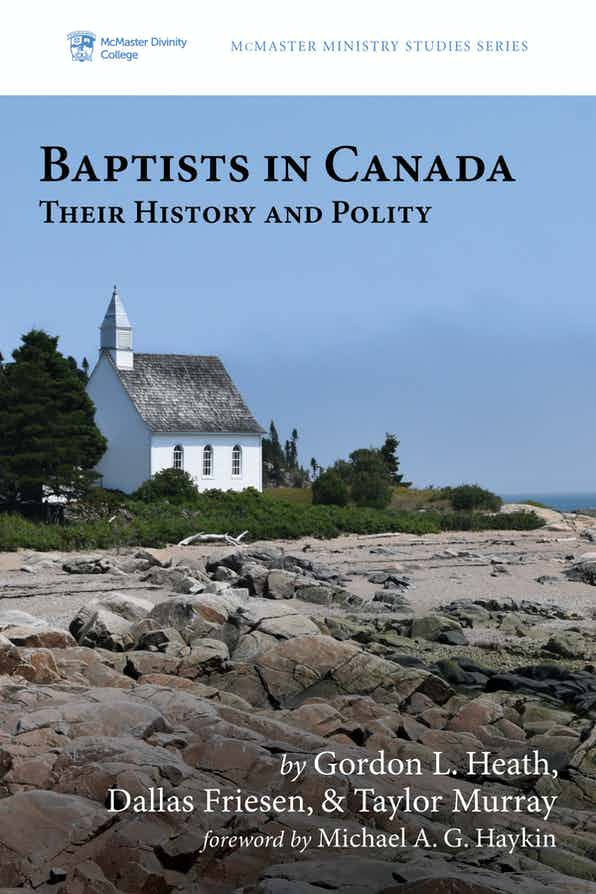
 RSS Feed
RSS Feed
